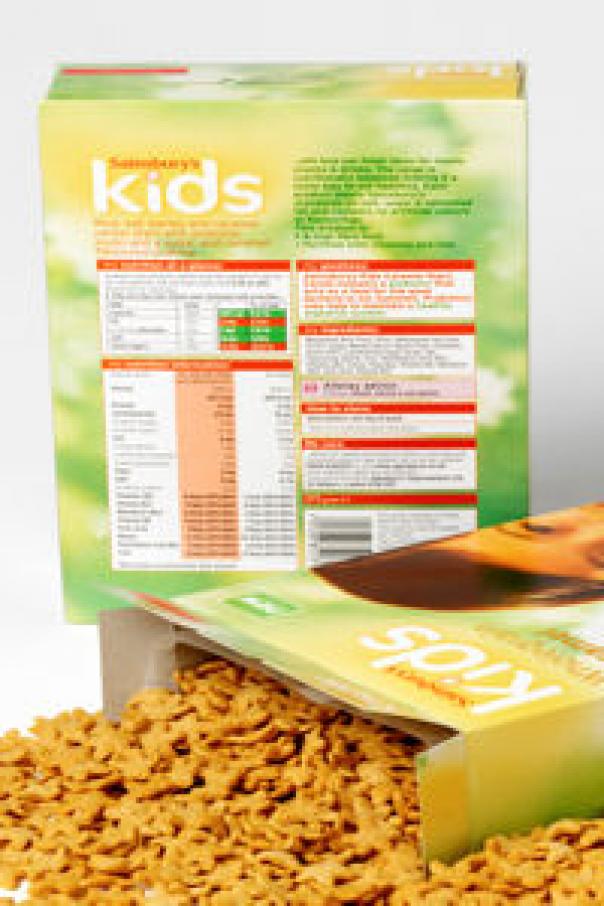23rd Jan 2009 - 00:00
Image

Abstract
New food labelling and composition rules aimed at helping people who are intolerant to gluten have been published.
Under the new European Union regulations, only foods that contain less than 20 parts of gluten in a million will be allowed to use the term 'gluten-free' on their packaging.
Recent evidence has shown that this extremely low level offers better protection for people with an intolerance to gluten.
Previously, a food labelled 'gluten free' could have contained up to ten times more than this. In addition, some foods made using cereals that have been specially processed to remove most of the gluten, but which contain less than 100 parts of gluten in a million, will be able to make the claim 'very low gluten' on the packaging.
These include substitutes of certain staple foods such as bread. The Food Standards Agency (FSA) has said that the introduction of just two types of labelling will reduce consumer confusion in this area and help people with coeliac disease to make safe and informed choices about the types of food they eat. Sue Hattersley, head of food allergy policy at the FSA, said: "Around one per cent of people in the UK are intolerant to gluten, and packaging claims about gluten in foods are very important to these people. The number of products marketed to them is increasing rapidly. Without rules controlling the levels of gluten in them, the amounts of gluten could vary greatly, which could cause serious health problems. "The new lower limit of 20 parts in a million means greater peace of mind for people with a gluten intolerance, as they can be sure that foods sold as 'gluten free' do not contain levels that could be harmful to them." Manufacturers can use the new labelling system immediately, but in order to give them time to adapt to the new rules by reformulating products or changing existing packaging, products do not have to comply with the new rules until 1 January 2012. Coeliac UK supports the decision: "We've been working closely with the FSA over the last few years and will continue to support them. Although, it is still early days we welcome these new rules."